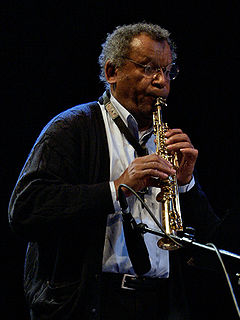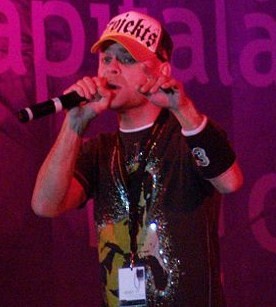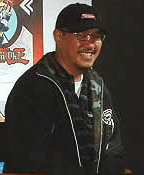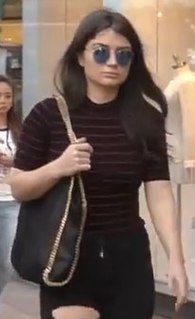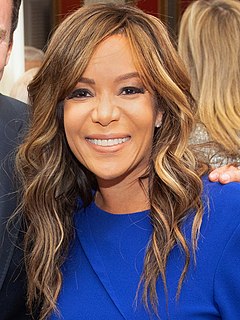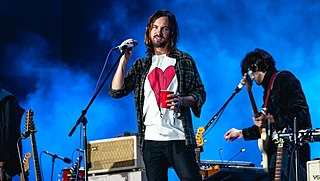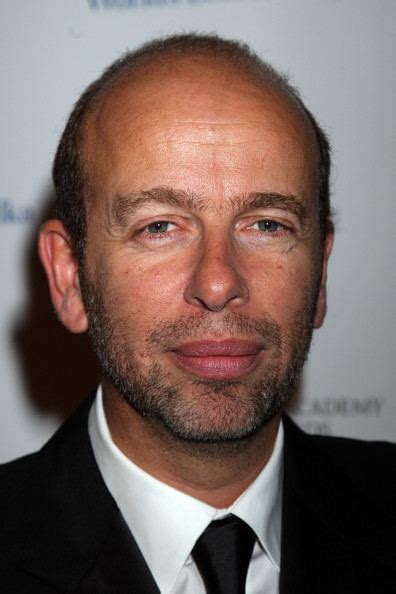A Quote by Eddie Floyd
The groups, though, were my inspiration way back then. I liked Frankie Lyman and the Teenagers.
Related Quotes
I'm from a singing family, but they're not professional singers, only gospel - my grandfather was a minister. I started to sing the music that was out then because my mother used to play it all the time. It was the end of the '50s, the beginning of the '60s. There was Frankie Lyman and the Teenagers, Etta James... We used to sit outside on the stoop and sing. We even used to put our radios and record players outside.
But I liked you from the moment I first heard your voice,” he said, “when I had no idea what you looked like. I thought it delicious, the way you bargained for me, as though I were an old rug. Then I loved the way you looked at me. Then I loved the way you ordered me about. I loved your patient and impatient ways of explaining things to me. I love the sound of your voice and the way you move. I love your courage and your kindness and your generosity and your obstinacy and your passion.” He paused. “You’re the genius. What do you think that means?
The shifts happen on a regular basis, but it's like a cycle. So things come in and out of vogue and then five years later they're back in vogue. Or there seems to be a theory that this is the way the industry will go and everybody goes over that way and then something happens to the country and you're back again at the place you were.





